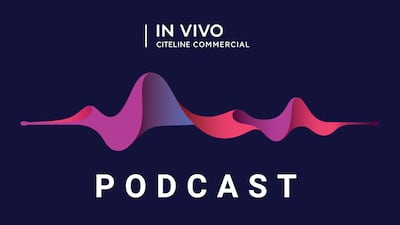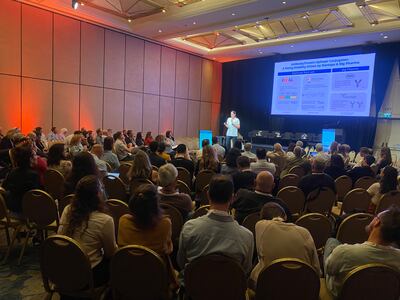If drug-eluting stents are the Next Big Thing in interventional clinical practice, then carotid stents may be Another Big Thing. Even as their primary focus remains developing drug-eluting stents, the large cardiovascular device companies are progressing with clinical trials of carotid artery stents. The application of stents in the carotid artery may prove to be as effective in preventing strokes as coronary stents have been (and their progeny, drug-eluting stents, appear to be) at preventing heart attacks. For coronary stents, this is accomplished by maintaining the patency of coronary arteries. In the case of carotid artery stents, the key is to keep the carotid artery, the primary blood vessel leading to the brain, free of obstructions caused largely by atherosclerotic plaque build-up.
Carotid artery and coronary artery stenting share some things in common—they are minimally invasive, percutaneous procedures using similar kinds of...






